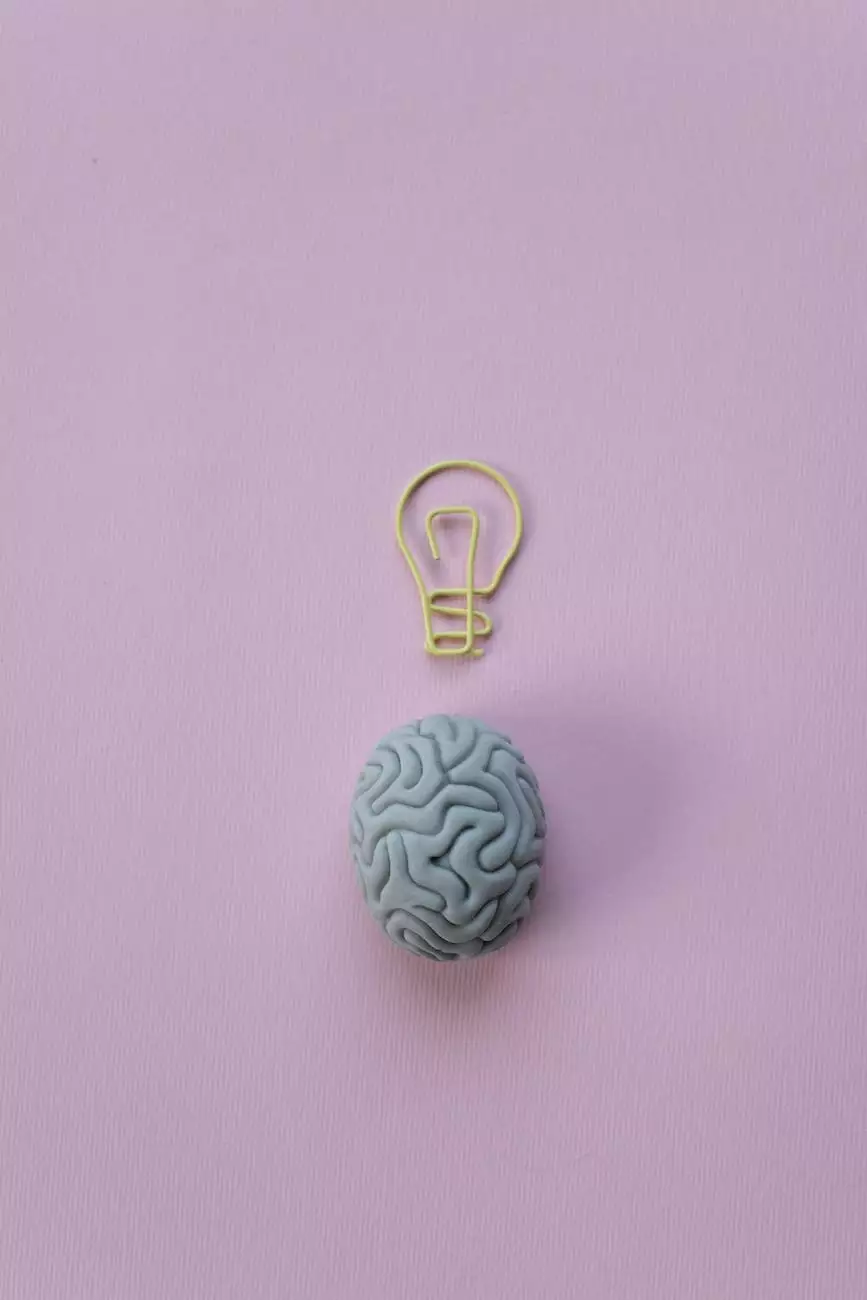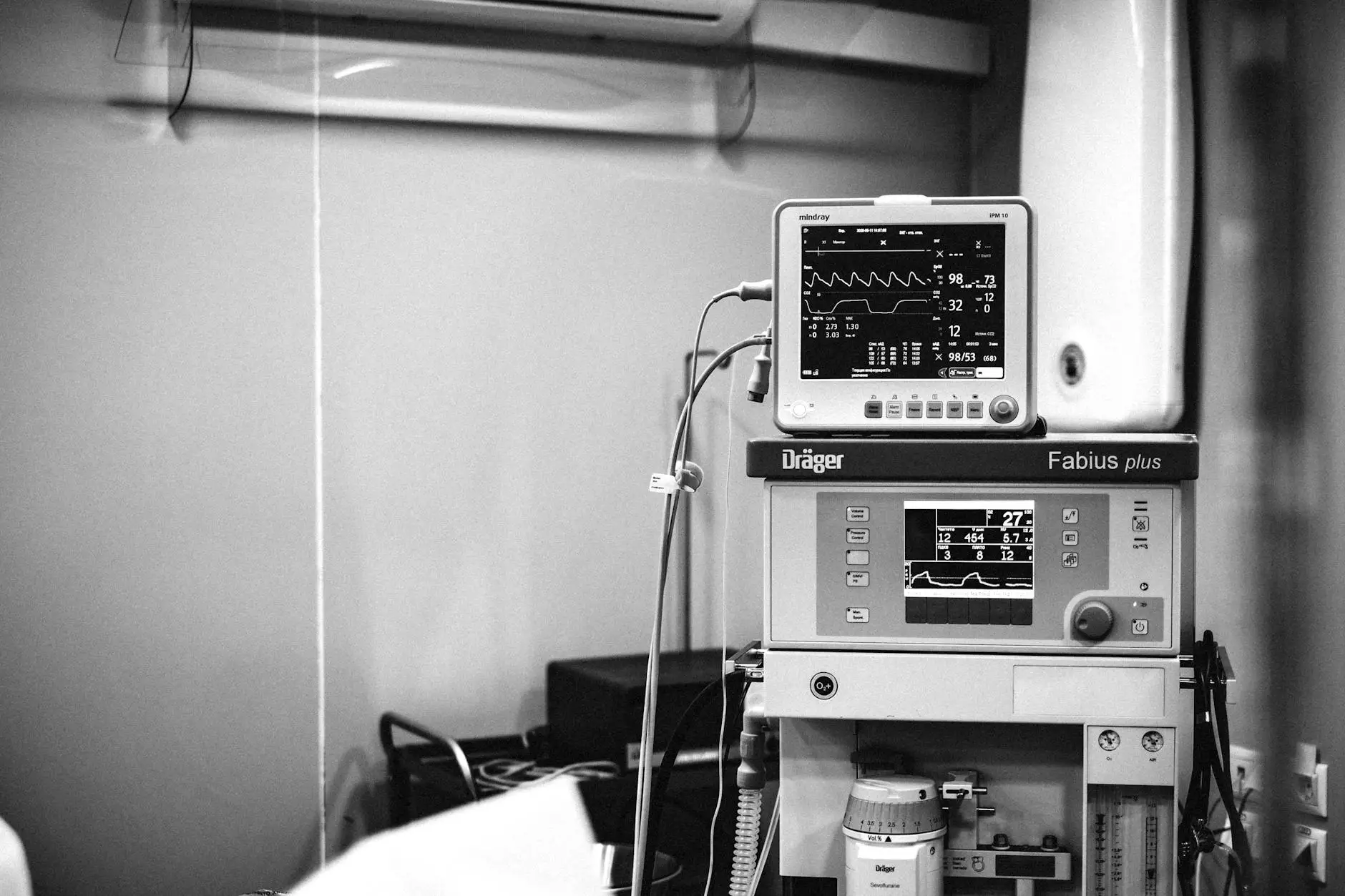School Accommodations After a Traumatic Brain Injury

Introduction
If your child has experienced a traumatic brain injury (TBI) or concussion, it's essential to understand the importance of school accommodations during their recovery process. School accommodations can help support their educational needs and ensure a smooth transition back to the classroom. At Foley James D MD, we specialize in providing comprehensive care and guidance for individuals with brain injuries. In this article, we will explore the various school accommodations available to students after a traumatic brain injury and provide expert advice for parents, caregivers, and educators.
Understanding Traumatic Brain Injuries
A traumatic brain injury occurs when an external force, such as a blow or jolt to the head, disrupts the normal functioning of the brain. This disruption can lead to a wide range of physical, cognitive, emotional, and behavioral challenges. As a result, students with traumatic brain injuries often require specialized support to thrive academically.
School Accommodations
When it comes to school accommodations, it's crucial to work closely with the student's medical team, educators, and support staff to develop an individualized plan. Here are some common accommodations that may be considered:
- Extended Time: Students may need additional time to complete assignments, tests, or exams due to cognitive processing challenges. Providing extended time can alleviate stress and ensure fair assessment of their abilities.
- Note-Taking Assistance: Students may struggle with taking comprehensive notes, which can impact their ability to retain information. Assigning a notetaker or providing access to lecture notes can help them stay engaged in the classroom.
- Preferential Seating: Placing the student near the front of the classroom or away from distractions can enhance their focus and minimize sensory overload.
- Frequent Breaks: Taking short breaks throughout the day can help prevent fatigue and improve concentration. These breaks can be scheduled between lessons or during longer periods of independent work.
- Reduced or Modified Assignments: Adjusting the workload or modifying assignments can support the student's ability to complete tasks within their cognitive abilities. It's important to maintain expectations while considering their recovery needs.
- Assistive Technologies: Utilizing assistive technologies, such as text-to-speech software, speech recognition software, or mind-mapping tools, can assist students in organizing their thoughts and accessing information more effectively.
Collaboration and Communication
Effective collaboration and communication among parents, educators, and healthcare professionals are vital in ensuring the success of school accommodations. Here are some key strategies for fostering collaboration:
Conclusion
Ensuring appropriate school accommodations after a traumatic brain injury or concussion is crucial for supporting a student's academic success and overall well-being. At Foley James D MD, we are committed to providing the best care and guidance for individuals with brain injuries. By implementing tailored accommodations and fostering collaboration among all stakeholders, we can create an inclusive and supportive educational environment for students on their road to recovery.










